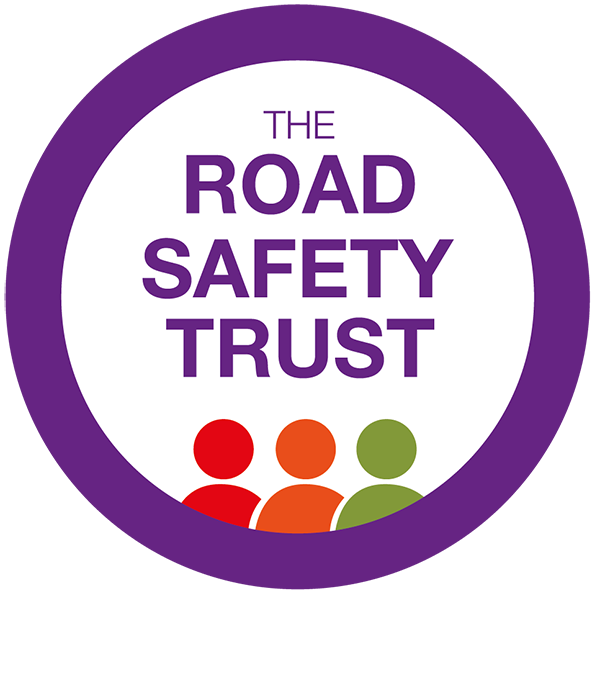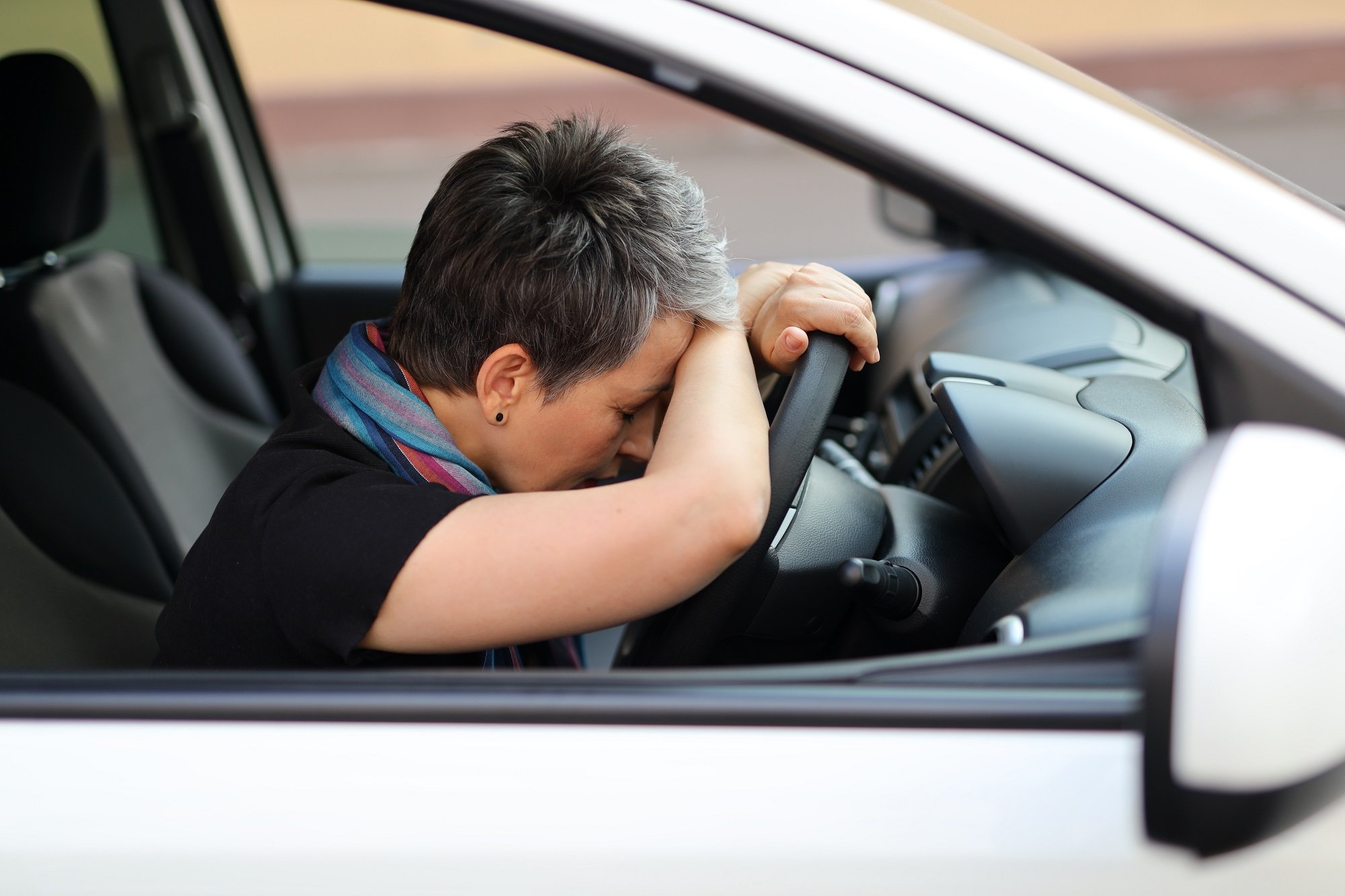Research aims to reduce road crashes caused by sleepiness
A new research project is aiming to reduce road crashes caused by sleepiness through monitoring shift-workers who drive either as part of their work, or when commuting - with the data being used to estimate and predict motorists’ fatigue levels.
The Road Safety Trust has awarded funding to Nottingham Trent University (NTU) to carry out the three-year SleepiEST project, working alongside the National Police Wellbeing Service.
The project will result in a publicly available online fatigue management tool.
Although the research will focus on police officers and other police employees, the findings will be applicable to a wide range of shift workers, and those who drive to and from work outside normal working hours.
The project is being led by Professor John Groeger and Dr Fran Pilkington-Cheney, psychologists and sleep experts from NTU’s School of Social Sciences.
Dr Pilkington-Cheney said: “Due to various shift patterns and circadian related factors, sleepiness is prevalent within shift working populations, and has the potential to be particularly dangerous when safety critical tasks are involved.
“Our research aims to explore the risk of sleepiness when driving, both during shifts, but also before and after shifts, as commuting can often be overlooked in terms of risk.”
Data collection will occur in three phases. Firstly, the project team will conduct a large, nationwide survey of serving officers and police employees to collect information on sleep, fatigue, shift patterns and driving behaviour.
The team will then collect information from officers across several working weeks, in a two week diary study and online vigilance assessment, before combining this with other data such as on-board driving telematics, to model effects of fatigue and sleep patterns.
This integrated approach will aim to develop a publicly available online tool to enable the ‘sleepiness risk’ to be estimated.
Professor Groeger, founder of NTU’s Sleep Well Science consultancy, said: “Our approach is going to be a little different, because, we will gather the data, develop and test the tool, and assess whether the results are meaningful and useful, all within the same complex work setting.
“The national spread and diversity of the police workforce, officers and other employees, will enable us to incorporate the effects of a broad range of individual differences into the underlying model.”
Ruth Purdie OBE, interim chief executive of The Road Safety Trust, said: “Driver fatigue causes hundreds of collisions a year. It is a really serious issue.
“This project can make a significant difference for shift workers, who by the very nature of their work, are at additional risk of driving when fatigued.”
Dr Yvonne Taylor, the sleep and fatigue lead for the National Police Wellbeing Service, is also working on the project.
Dr Taylor said: “The National Police Wellbeing Service exists to provide support and guidance to all police forces, to improve and build upon wellbeing. Previous academic research, along with our own annual surveys have highlighted that sleepiness and fatigue are an issue for police officers and staff.
“There is still much to do in this area, particularly furthering knowledge around driver fatigue in this group of shift workers.
“Being part of the SleepiEST team will allow us to continue this vital work and ultimately improve safety and wellbeing for all those within policing.”
For more information, please visit the project page.

